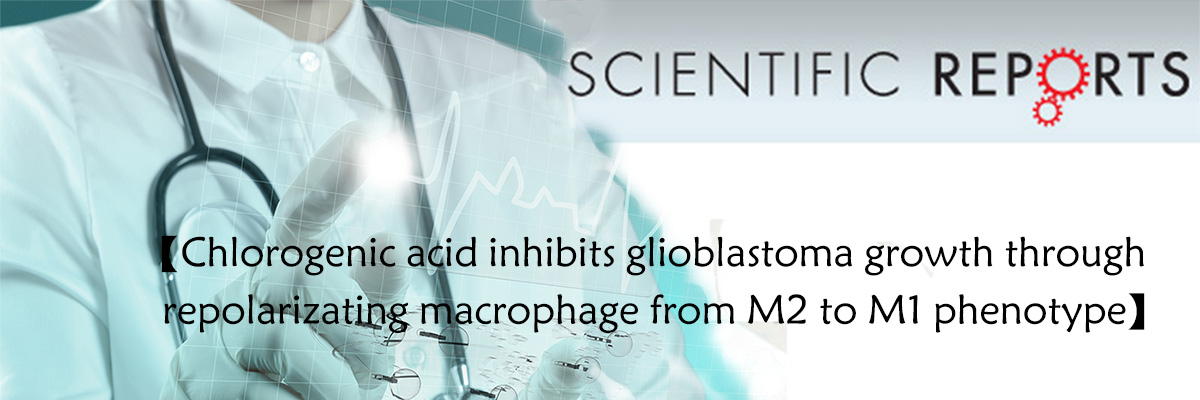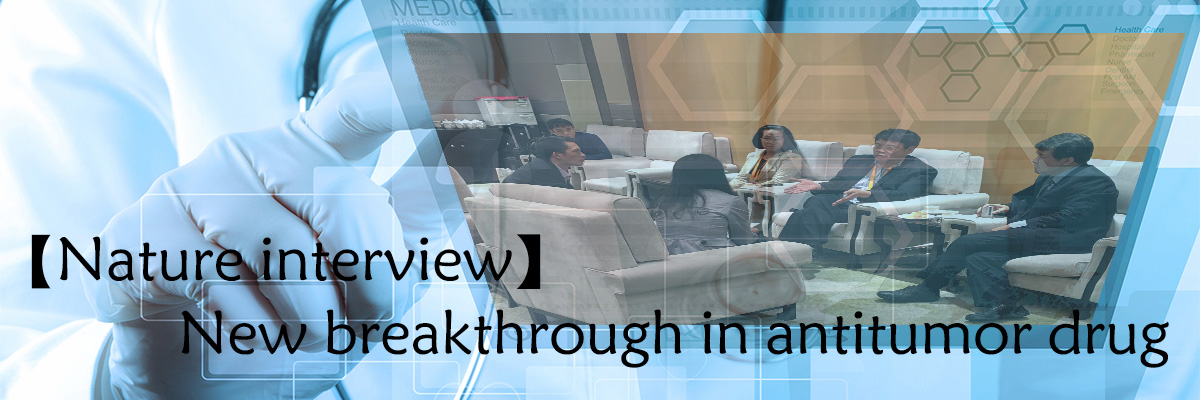The latest global anti-tumor drug sales TOP20 announced
Cancer is one of the most important causes of death in the world, so the development of new cancer drugs has become a strategic highland for major pharmaceutical companies.
In 2023, there are more than 20 anti-tumor drugs (by generic name) with annual sales of more than $2 billion, including multiple immunotherapies, targeted therapies and ADC therapies.
Table 1 TOP20 global anti-tumor drug sales in 2023
Trade Name | Generic Name | Manufacturing Enterprise | 2023 Sale(billions of dollars) | Growth |
KEYTRUDA | Pembrolizumab | Merck | 250.11 | 19% |
OPDIVO | Nivolumab | BMS | 100.31 | 8% |
DARZALEX | Daratumumab | Johnson & Johnson | 97.44 | 22% |
IMBRUVICA | Ibrutinib | AbbVie/ Johnson & Johnson | 68.6 | -21% |
REVLIMID | Lenalidomide | BMS | 60.97 | -39% |
TAGRISSO | Osimertinib Mesylate | Astra Zeneca | 57.99 | 7% |
IBRANCE | Palbociclib | Pfizer | 47.53 | -7% |
XTANDI | Enzalutamide | Astellas | 47 | 12% |
PERJETA | Pertuzumab | Roche | 42.7 | 1% |
TECENTRIQ | Atezolizumab | Roche | 42.6 | 9% |
IMFINZI | Durvalumab | Astra Zeneca | 42.37 | 52% |
LYNPARZA | Olaparib | Astra Zeneca/ Merck | 40.1 | 7% |
VERZENIO | Abemaciclib | Lilly | 38.634 | 56% |
POMALYST/IMNOVID | Pomalidomide | BMS | 34.41 | -2% |
ENHERTU | Trastuzumab Deruxtecan | Astra Zeneca | 25.66 | 100% |
CALQUENCE | Acalabrutinib | Astra Zeneca | 25.14 | 22% |
ERLEADA | Apalutamide | Johnson & Johnson | 23.87 | 27% |
VENCLEXTA | Venetoclax | AbbVie | 22.88 | 14% |
YERVOY | Ipilimumab | BMS | 22.38 | 5% |
KADCYLA | Trastuzumab Emtansine | Roche | 22.3 | 4% |
In terms of drug types, there are 11 small molecules, 7 monoclonal antibodies, and 2 ADCs.
From the point of view of targets, small molecule targets are scattered, involving BTK, EGFR, CDK4/6, AR, PARP, BCL2, etc. The targets of monoclonal antibodies and ADC are relatively concentrated, with 4 targeting PD-1/PD-L1, 3 targeting HER2, 1 CTLA4 monoclonal antibody and 1 CD38 monoclonal antibody.
In terms of companies, Astrazeneca has the most products on the list with five, including two self-developed products TAGRISSO and IMFINZI, CALQUENCE acquired through the acquisition of Acerta Pharma, LYNPARZA in partnership with Mersadong and ENHERTU in partnership with Daiichi Sankyo. BMS has four varieties on the list, including two tumor immunomonoclonal antibodies OPDIVO and YERVOY, and two immunomodulators REVLIMID and POMALYST/IMNOVID. Roche also has three varieties on the list, PERJETA(Patet), TECENTRIQ(Tecentriq) and KADCYLA(Hercelet), but the former three ace biologic agents - Herceptin, Avetine and Ritux sales have fallen to about $1.5 billion each, missing the list.
PD-1 is in the top two, and immunotherapy is gaining momentum
Immunotherapy kills the tumor by activating the immune response of the own immune system to the tumor. The appearance of immunotherapy brings hope to the tumor patients and can be called the third revolution in cancer treatment.
In 2014, BMS's PD-1 inhibitor Opdivo (nivolumab) and Merck's PD-1 inhibitor Keytruda (pembrolizumab) were approved for marketing in Japan and the United States, opening up a new era of tumor immunotherapy.
In 2023, drug K and drug O will become the first and second anti-tumor drugs in global sales, respectively. K drug 2023 annual sales of 25 billion US dollars, successfully topped the "king of medicine" throne. And K drug in 2023, the year-on-year growth rate of 19%, is expected to be a long time in the future K drug will be the best-selling variety in the field of cancer.
Another PD-1 monoclonal antibody O drug sales also successfully exceeded 10 billion US dollars in 2023, combined with BMS and Ono company's financial reports, 2023 O drug sales of about 10.03 billion US dollars.
Two PD-L1 monoclonal antibodies also performed well. Roche's TECENTRIQ (atezolizumab) had sales of CHF 3.766 billion in 2023. Astrazeneca's IMFINZI (durvalumab, I drug), with sales of $4.237 billion in 2023, is the smallest of the four major PD-1/L1, but its growth rate is the highest, at 52%, mainly due to the widespread use of IMFINZI in early non-small cell lung cancer. And dual immunotherapy with CTLA-4 monoclonal antibody tremelimumab contributed to the new round of growth.
In addition, as the first immune checkpoint inhibitor approved by the US FDA, YERVOY (CTLA-4 monoclonal antibody, Ipilimumab, ipilimumab) has achieved good results in combination with PD-1 monoclonal antibody after experiencing limited clinical application of monotherapy. In 2023, Yervoy generated $2.238 billion in revenue, an increase of 5% over the previous year.
In addition, immunocell therapies such as CAR-T and TIL therapy, which have emerged in recent years, are playing an increasingly important therapeutic role in tumor treatment, but the current sales are far less than monoclonal drugs. The top seller is Yescarta from Gilead, with sales of $1.498 billion in 2023, up 29% from the previous year.
The ADC market landscape has changed, and ENHERTU has lived up to expectations
Back in 2000, the FDA approved Mylotarg, the first ADC drug, but it wasn't until late 2019 that ENHERTU, the first star ADC of global interest, was born. At the ASCO Annual Meeting in 2022, ENHERTU's phase 3 clinical results for the treatment of HER2 low expression breast cancer were announced, winning applause, ENHERTU broke the dichotomy of HER2 positive and negative, created a new era of breast cancer treatment, and also led the global ADC research and development craze.
ENHERTU (DS-8201, Dectrastuzumab) is a HER2-targeting ADC developed by Daiichi Sankyo and Astrazeneca using Daiichi Sankyo's unique DXd-ADC technology. It consists of a HER2 monoclonal antibody coupled with several topoisomerase I inhibitor payloads via cleavable tetrapeptidons (ehitecan derivatives). DXd) connection composition. ENHERTU was first approved in 2019 to treat patients with HER2-positive breast cancer. It has since been approved for breast cancer with low HER2 expression, HER2 mutation-positive NSCLC, and HER2-positive gastric or gastroesophageal junction (GEJ) adenocarcinoma.
According to Astrazeneca's 2023 financial report, ENHERTU's global revenue in 2023 was $2.566 billion, double that of 2022.
Another ADC drug on the list is Kadcyla(Emettrastuzumab, T-DM1) from Roche, a second-generation HER2 ADC that was the top-selling ADC drug in the past few years, but its growth has almost stalled in the shadow of a failed head-to-head clinical trial with DS-8201. 2023 sales of CHF were 1.966 billion, an increase of 4%.
Summary
Compared with the prosperity of PD-1/PD-L1 and the high progress of ADC, small molecule anti-tumor drugs have been slightly lonely. The top three on the top 20 list of anti-tumor drugs by sales are biological drugs, although ibutinib and lenalidomide two small molecule drugs are still in the top five, but their sales have shown a significant downward trend. On the one hand, the process of small molecule drug research and development has encountered a bottleneck due to the many unconsumable drug targets. On the other hand, compared with biological drugs, small molecule drugs may be cheaper, so it is difficult to create a variety of 10 billion dollars. However, there are also many standout varieties, such as Astrazeneca's TAGRISSO (Ohicitinib), with its progressive progress in the second-line treatment, first-line treatment and postoperative adjuvant treatment of EGFR-mutated NSCLC, its performance has maintained steady growth, increasing to $5.799 billion (+7%) in 2023; Lilly's CKD4/6 inhibitor VERZENIO (Abesili) increased sales after winning the adjuvant treatment indication for breast cancer, with 2023 revenue of $3.863 billion, up 56% from the previous year.







